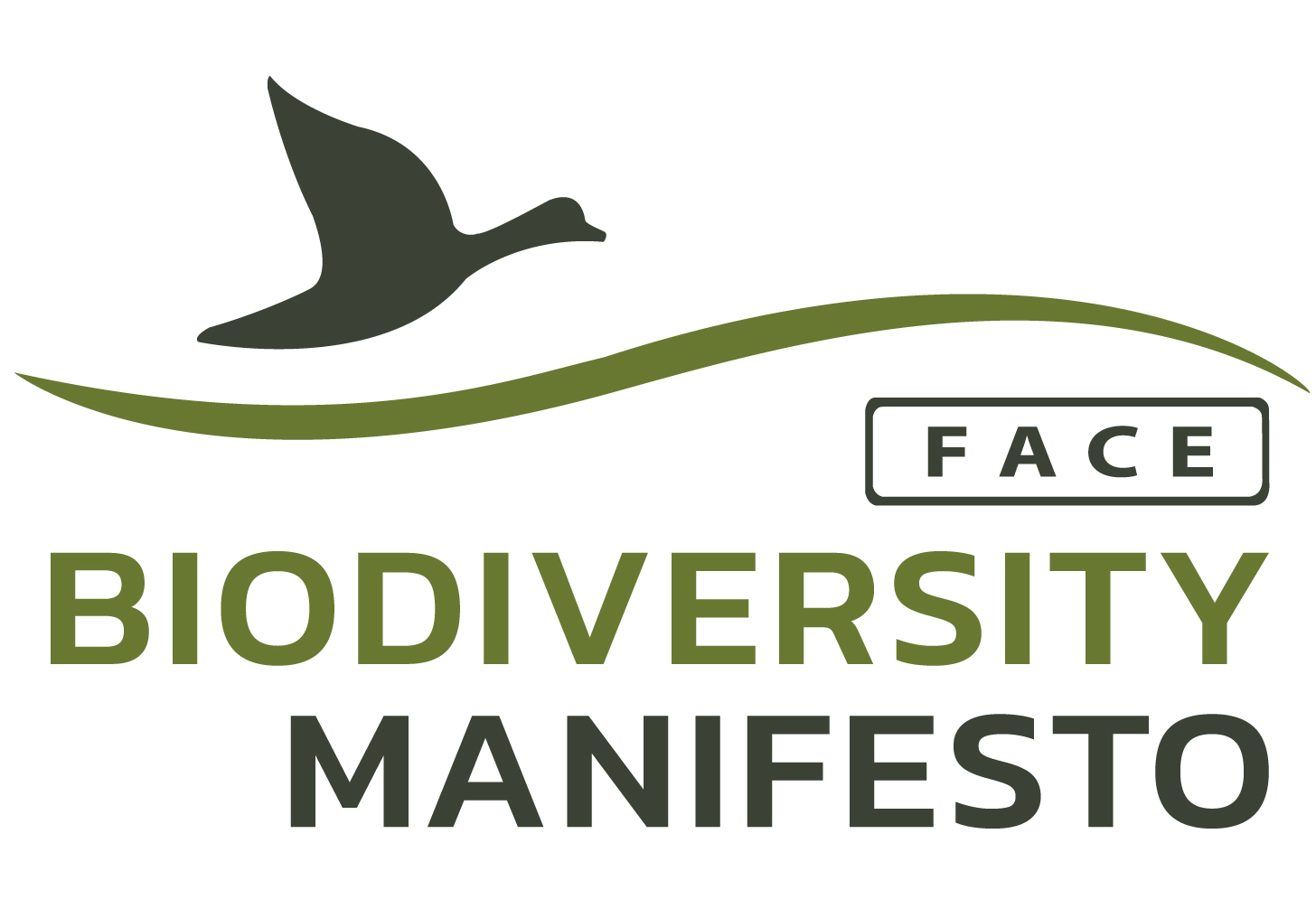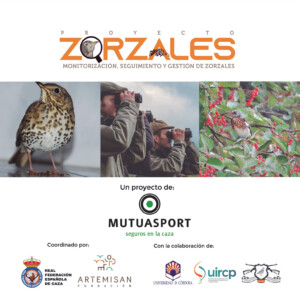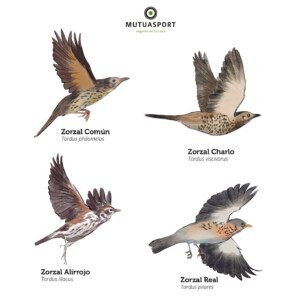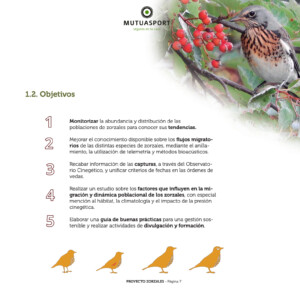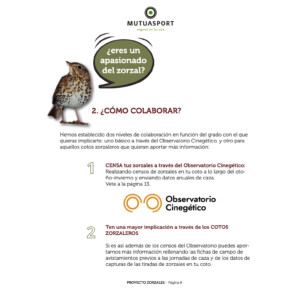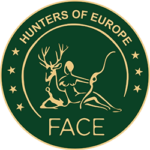Thrushes are some of the most iconic small game species for European hunters and, in particular, for Spanish hunters. These small passerines, i.e., the Song thrush (Turdus philomelos), Redwing (Turdus iliacus), Fieldfare (Turdus pilaris), and Mistle thrush (Turdus viscivorus), are migratory birds with an extremely widespread geographical distribution extending from the Northeast of Russia to the Southwestern part of Europe or to the North of Africa. Such a large range of distribution requires a greater monitoring effort to apply management measures consistent with the situation of the species.
Aware of the necessity to increase knowledge and monitoring of thrush species, Spanish hunters are carrying on the Zorzales Project which results from a collaboration between Fundación Artemisan, the Real Federación Española de Caza and its Regional Federaciones with funding of Mutuasport and support of the University of Cordoba and Asociación de Zorzaleros Españoles.
The Zorzales Project has started in 2020 with an expected duration of 4 years. In this period, the project aims to analyze in detail thrushes’ population trends and densities, hunting bag information, phenology, and factors that affect their migration. This analysis will make possible to get science-based hunting seasons for thrushes and develop a good practice guide for sustainable management and use of Spain’s thrush populations. An important awareness campaign to inform hunters, game managers, and other stakeholders of the findings is included as well in the project.
Hunters are participating in the project in 3 different ways. The first one is through the Observatorio Cinegético, a recent data collection system, with which hunters are collecting important information through population censuses. These censuses should be done on foot, in a track of 4 to 6km in consecutive years in two different seasons each year. The first season is for early wintering thrushes, between November 13th and December 31st and the second season from January 1st to February 15th.
Policy Relevance
The Zorzales project clearly demonstrates the effort that European hunters make in favor of nature conservation and migratory birds. Hunters and hunting organizations are deeply committed to increasing knowledge about game species ecology to support a sustainable use of game resources. These efforts highlight the importance of the work done by hunters for nature conservation in Europe, which significantly contributes to Europe’s Biodiversity Strategy for 2030.
The second is through the “cotos zorzaleros”, hunting grounds focused on thrush shooting. In these hunting grounds, hunters carry out fixed-point censuses and they collect information about thrushes’ hunting bags.
Finally, hunters can contribute to the project by reporting rings found on thrushes, which contribute to understanding thrushes’ migratory routes. This share of ring information between hunters and Fundación Artemisan is allowing to collect stories of thrushes that have been ringed in Russia and make migrations of more than 7000km to arrive in Spain.
In addition to the previous methods, other techniques are being implemented in the project. These include marking individuals with GPS transmitters, enabling precise tracking of their geographic positions, employing bioacoustic detection methods to enhance knowledge of migratory patterns, and conducting ringing programs with hunters’ help.
Despite the first year of the project was affected by the Covid-19 pandemic, the project has been growing and presenting interesting results. In the project’s third year, more than eight hundred hunters and 201 thrushes’ hunting grounds have participated in the project, 704 census were made using the Observatorio Cinegético and 307 thrushes’ rings were collected.
These numbers highlight how hunters are actively contributing to the conservation of game species and biodiversity. Enhanced understanding of species facilitates better management practices and policymaking, which contribute to a future rich in biodiversity and nature for European countries.
